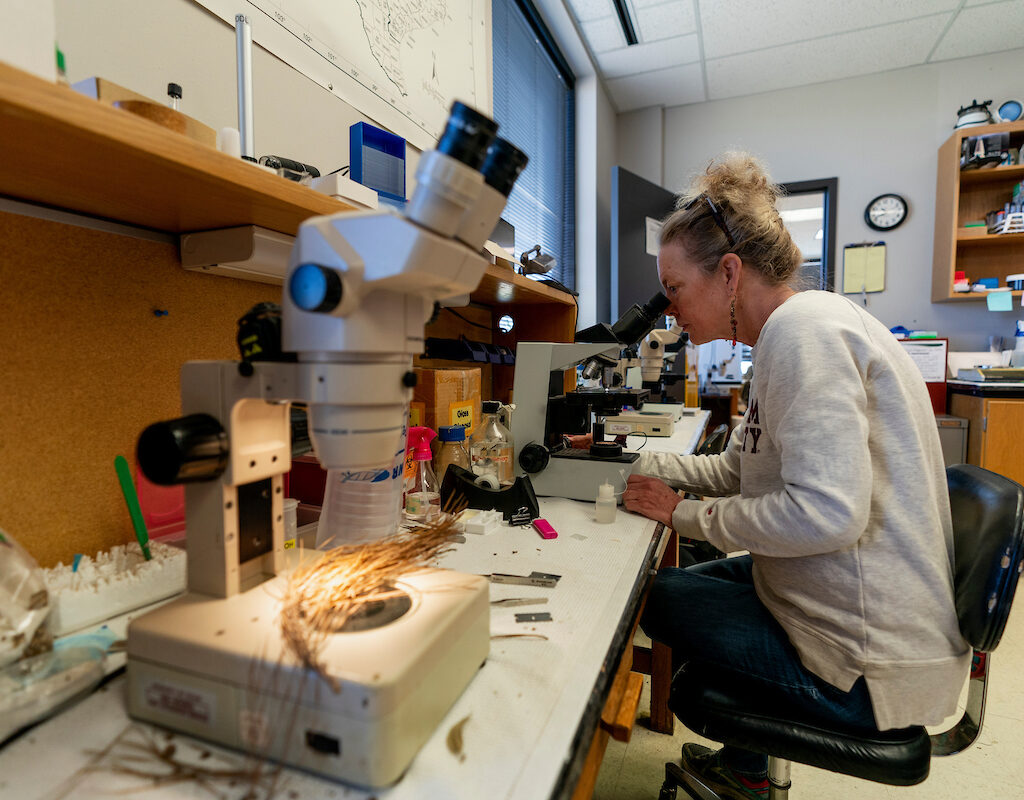Texas A&M AgriLife Extension Service Plant Pathology
- Type
- Program

Overview
Contact
https://plantpathology.tamu.edu/extension-programs/extension-faculty/
The Plant Pathology and Microbiology (PLPM) Extension program provides applicable and essential services through subject-matter experts of plant health management, plant diseases, plant-microbe interactions and the environmental sciences. Specialists are located throughout the state of Texas and address various agriculture and natural resource topics within plant health management.
To better serve Texas, the program manages three plant diagnostic clinics, located throughout the state, to help address any plant disease diagnostic needs and health-related issues.
More choices in Crops & Produce
- Course
This course covers the application requirements for the use of approved auxin formulations. This training qualifies for 1 CEU of laws and regulations, and successful certification permits the use of approved auxin formulation for the 2025 season only.
- Course
This Picolinic Acid Chemistry Training covers the application requirements for the use of Invora™ herbicide for brush and weed management on rangeland sites in Arizona, New Mexico, Oklahoma, and Texas.
- Course
As urban areas expand and homeowners continue to want attractive lawns and landscapes, the use of pesticides to control plant pests has continued to grow. Take this course to become an apprentice and learn about pesticides and their proper use, as well as how to apply them for home, lawn, and other landscapes.
- Course
Prepare to take the Private Pesticide Applicator Exam administered by the Texas Department of Agriculture with this course designed for pesticide applicators in Texas. Private pesticide applicators use or supervise the use of restricted-use or state-limited-use pesticides or herbicides to produce an agricultural commodity.
- Course
This 8-hour course is designed to satisfy the Apprentice Training Requirements as specified in Rule 7.132 (i) (2) and will cover common termites in Texas along with other wood-destroying insects.
- Publication
Grasses are one of Texas’ most valuable natural resources and this publication gives you information on where to find grasses and identify them.
